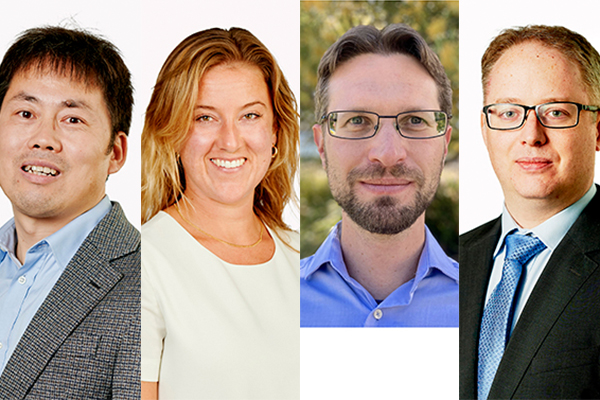The Knut and Alice Wallenberg Foundation has selected a total of 31 young researchers to be Wallenberg Academy Fellows this year. The grant will provide the appointed researchers with funding for the next five years along with the chance to take part in a mentoring programme run by the Royal Swedish Academy of Sciences.
Xingqi Chen, Associate Professor at the Department of Immunology, Genetics and Pathology, Uppsala University
For a metastasis to form, a cancer cell must detach from the primary tumor and enter the bloodstream. Wallenberg Academy Fellow Xingqi Chen will develop an interdisciplinary toolbox for studying this process in detail. The hope is to find ways to prevent the formation of metastases, so that fewer people have cancers that recur.
Moa Lidén, Postdoctoral Research Fellow, University College London
In criminal cases, the most important question is whether the evidence is strong enough for there to be no reasonable doubt that the person on trial committed the crime. However, exactly what this means is open to interpretation. Moa Lidén will investigate sources of error in the evidence presented in criminal cases, with the aim of making criminal justice evidence-based. As a Wallenberg Academy Fellow, Moa Lidén will work at Uppsala University.
Thomas Nordlander, Stromlo Fellow, Australian National University
The first stars in the universe have never been observed through a telescope, so researchers know very little about them – but they do know that they laid the foundations for the universe as it is now. Thomas Nordlander will learn more about the first stars by mapping the inherited matter of second-generation stars. As a Wallenberg Academy Fellow, Thomas Nordlander will work at Uppsala University.
André Teixeira, Associate Professor, Department of Information Technology, Uppsala University
We live in an increasingly connected society, where computers monitor and control everything from medical equipment to energy systems and agricultural processes. Wallenberg Academy Fellow André Teixeira will develop methods to intelligently protect these systems from cyberattacks and future changes that could threaten our security.
